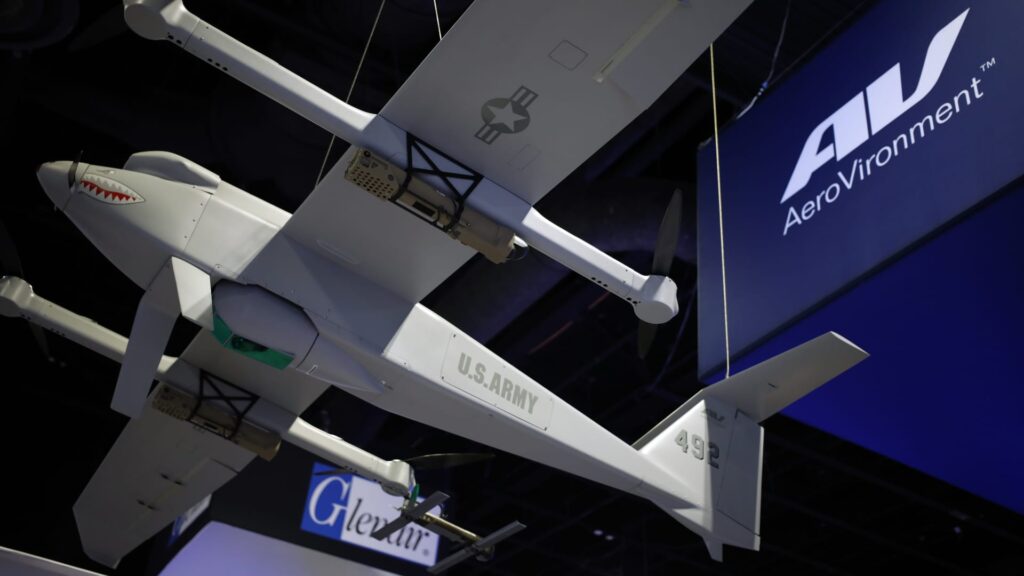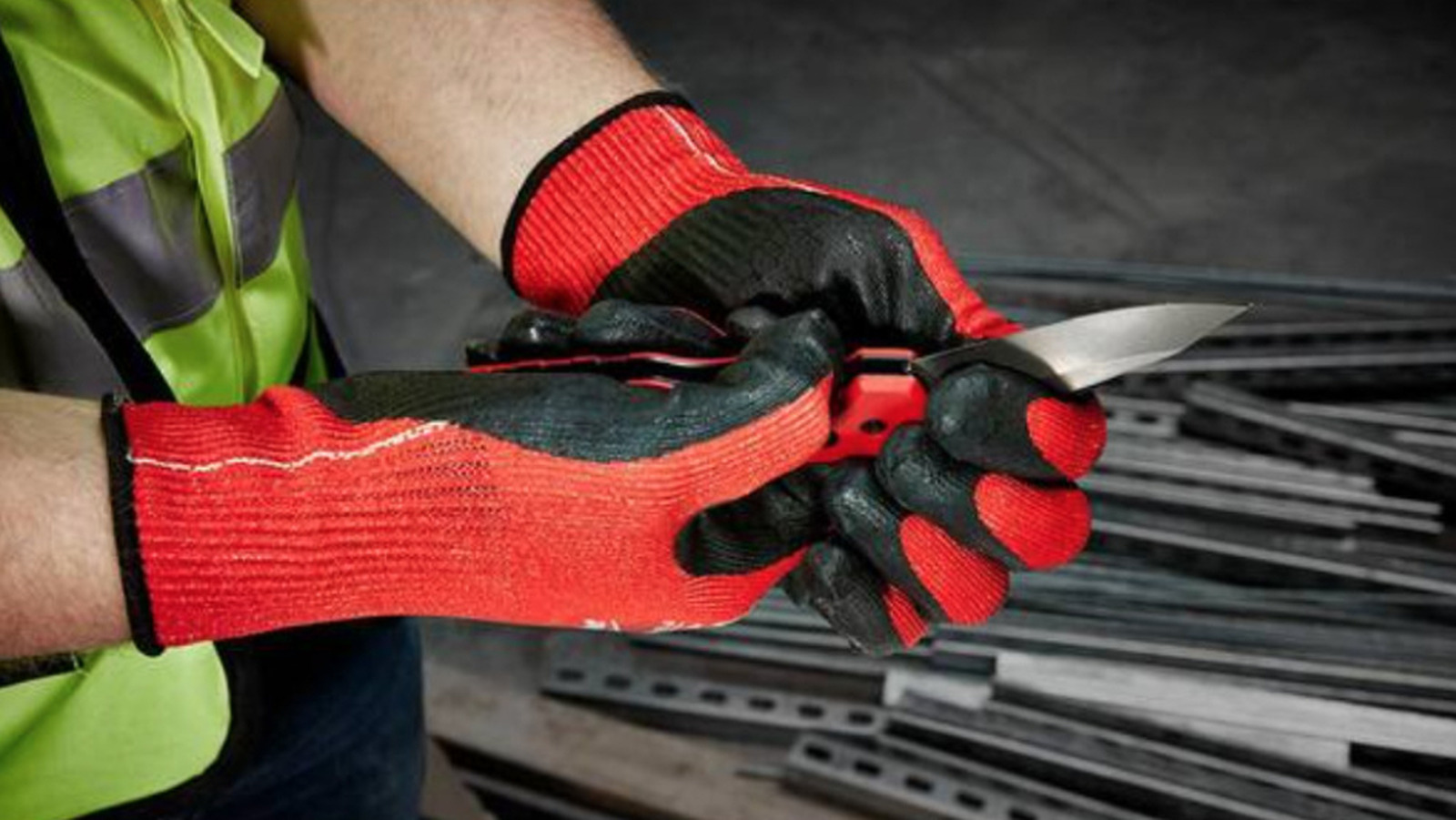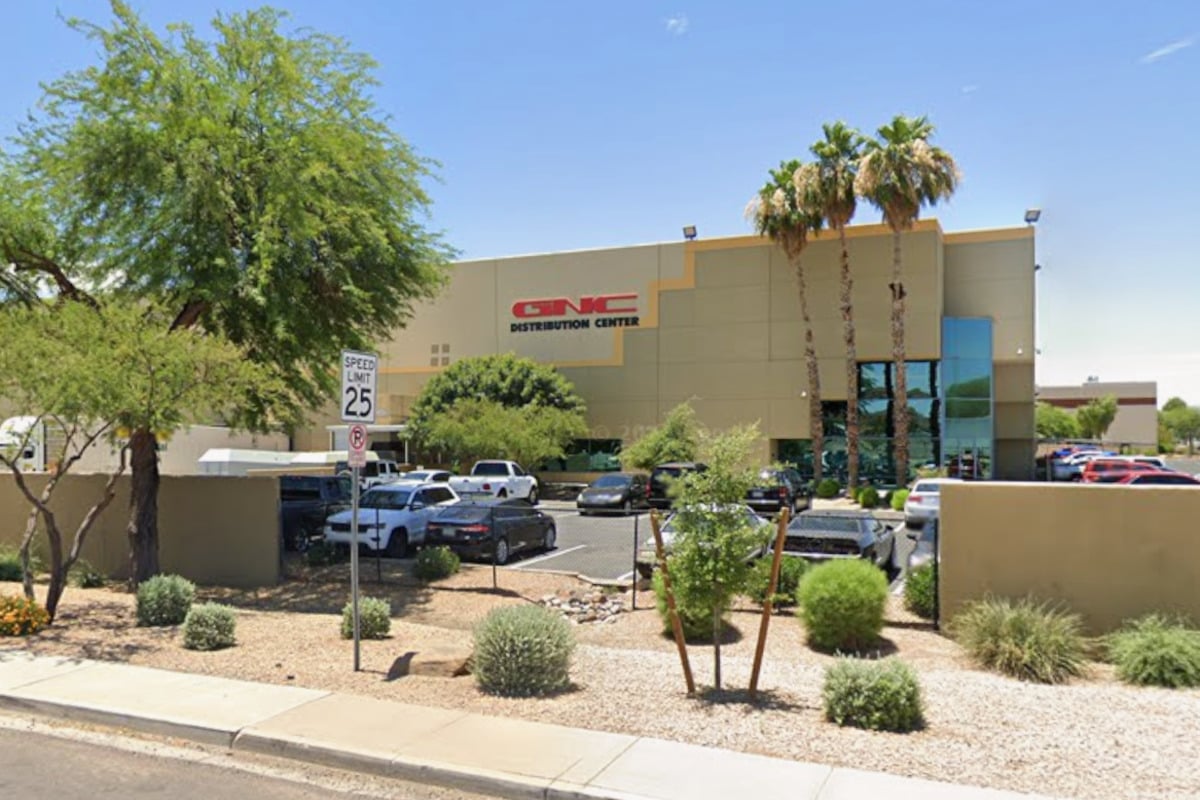
From the battlefield to the halls of Congress, a transformative shift is underway that is poised to redefine how armed forces globally prepare for conflict and engage with adversaries. The month of June began with a stark reminder of the versatility and effectiveness of drones in modern warfare. After 18 months of meticulous planning, Ukraine executed a daring operation, smuggling drones inside Russia’s borders and inflicting damage on aircraft at five remote air bases. Dubbed “Operation Spiderweb,” this mission underscored the efficiency of low-cost defense technologies and highlighted emerging threats.
In response, former President Donald Trump signed an executive order to bolster domestic drone production and address the potential misuse of drones within U.S. airspace by criminal, terrorist, and foreign entities. Simultaneously, the need for more powerful munitions was underscored by recent efforts to counter Iran’s nuclear ambitions, reaffirming the role of traditional military assets like “bunker buster” bombs. Trump’s vision for a “Golden Dome” missile shield system is set to involve a wide array of industry players, including those in the burgeoning defense tech sector.
Shifting Defense Priorities and Market Impacts
As U.S. lawmakers advocate for a 12% increase in the defense budget, industry analysts predict a favorable climate for low-cost, disruptive technologies over conventional defense contractors. Both Goldman Sachs and Stifel have recently initiated coverage of defense tech stocks, with companies like AeroVironment experiencing significant investor interest. Despite recent stock surges, analysts remain optimistic about further growth opportunities in the sector.
Analyst Insights and Market Projections
Jonathan Siegmann, an analyst at Stifel, anticipates continued demand for equipment from giants like Lockheed Martin and Northrop Grumman, but sees the most significant growth potential in the defense tech space. Siegmann has initiated coverage of AeroVironment, Kratos Defense & Security, and Teledyne Technologies, naming AeroVironment and Teledyne among his top picks. “I am really excited about these companies because I feel growth in defense is going to be valued today,” Siegmann stated in an interview.
AeroVironment shares have climbed 32% over the past month, boosting its year-to-date gain to 60% — despite a recent 11% pullback.
Siegmann believes that the valuation multiples for these stocks will increase over time, especially considering the premiums paid for some private defense tech companies. “I think valuations have a chance to get really uncomfortably high relative to the old playbook,” he noted, citing Palantir as an example of how richly these markets can be valued.
Investment Trends and Future Outlook
Private companies are reaping the benefits of increased investment in the sector. According to PitchBook, approximately 400 defense tech companies have raised a combined $13 billion globally this year. Notably, Anduril Industries recently secured $2.5 billion at a $30.5 billion valuation, doubling its value since last August.
RBC Capital Markets analyst Ken Herbert has upgraded his estimates and price targets within the sector, citing growth in FY26 defense spending and high-demand areas like space, missiles, hypersonics, unmanned technology, and artificial intelligence. Herbert’s favorite stock, AeroVironment, is trading at a discount to its peers, even after acquiring Blue Halo.
Herbert increased his price target for AeroVironment by $75 to $275, implying a 12% upside from Thursday’s close.
BTIG analyst Andre Madrid expects AeroVironment shares could rise even further, setting a $300 price target following the company’s latest earnings report. “The global threat environment remains elevated,” Madrid wrote, referencing conflicts in the Middle East and Europe, as well as rising threats in the Indo-Pacific.
Strategic Shifts and Industry Implications
The recent attack in Russia has highlighted the potential for adversaries to infiltrate territories and launch substantial drone attacks. Madrid emphasized the U.S.’s awareness of this threat, noting that defense spending will likely focus on unmanned aerial systems and countermeasures. “It’s crucial for not just military installations, but also civil infrastructure,” he said.
Kratos Defense and Security Solutions is another company drawing attention. Goldman Sachs recently upgraded the stock to a “buy” with a $52 price target, noting its development of products that leverage commercial technology for military use at lower costs. “This positions the company to benefit from budget allocations to autonomous systems, space, AI, and missiles,” commented Anthony Valentini, a Goldman analyst.
While Kratos has faced challenges with profitability and cash generation, Valentini believes the company is at a “key inflection point,” particularly as the Trump administration seeks to scale commercial technology. Despite these challenges, Kratos shares have climbed over 69% year-to-date, with a 14% increase over the past month.
Stifel’s Siegmann raised his price target on Kratos to $54, citing its recent $500 million equity raise and the Prometheus joint venture with Rafael Advanced Defense Systems.
“Defense is changing,” Siegmann told CNBC, highlighting the need for reforms to address significant threats and the bipartisan consensus on the necessity of industry changes. As the global security landscape evolves, the defense tech sector is poised for continued growth and innovation.






